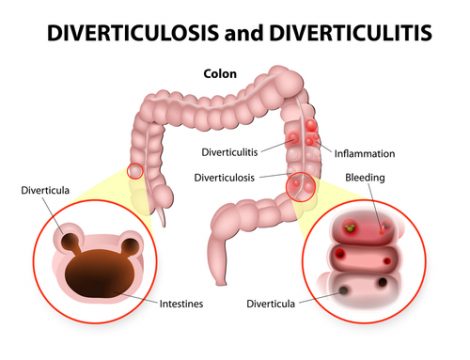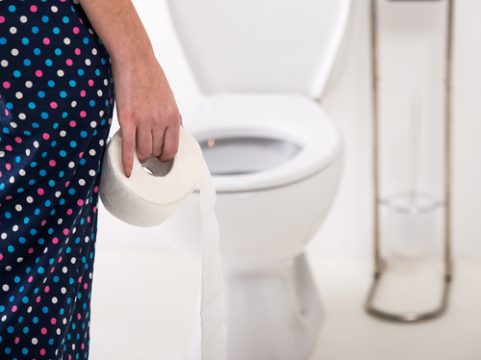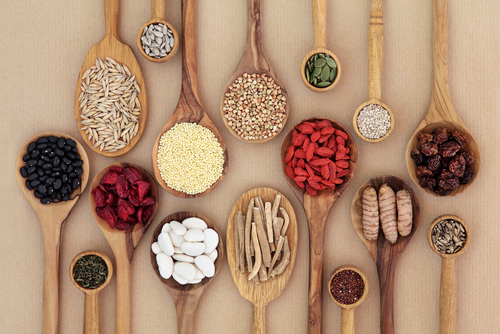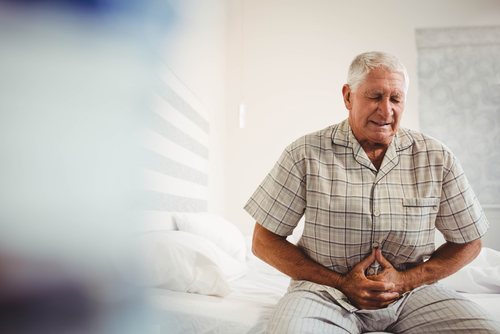Experiencing a diverticulitis attack is not a pleasant experience. Once you experience it, you will do anything to prevent future attacks from occurring.
What Is Diverticulitis?
Diverticulitis is a condition that results when one or more diverticula become inflamed and infected. When the pouches become blocked with waste materials and bacterial buildup, the site then becomes inflamed and infected. Cramps, abdominal tenderness, chills and fever can occur as the infection progresses. While the condition may resolve on its own, antibiotics may be needed and more rarely, surgery.

In Our Own Words
Diverticula are tiny pouches or sacs of tissue that can form in the lining of the colon wall. Diverticulitis is a condition resulting from one or more diverticula becoming inflamed and infected with bacteria. The formation of diverticula in the bowel lining is a condition called diverticulosis. Diverticulosis does not cause any symptoms. With diverticulitis, however, abdominal cramps or tenderness, chills and fever can occur.
Medical help is needed to diagnose diverticulitis, often verified with a history of symptoms, scans and examination of the intestines. While the condition sometimes resolves without any medical treatment, antibiotics are often prescribed. If the infection is severe, intravenous antibiotics may be given in the hospital. Surgery may be needed to remove the infected bowel, though this step is rare.
Who is at risk of developing diverticulitis?
Diverticula tend to develop with age, people older than age 40 are more likely to suffer from diverticulitis. People who eat low-fiber diet tend to develop diverticula more often than those on a high fiber diet. The American Dietetic Association recommends 20 to 35 grams of fiber a day.
There are other risk factors to consider:
- Aging
- Obesity
- Smoking
- Lack of regular exercise
Here are some natural steps to help prevent Diverticulitis attacks:
Practice Healthy Bowel Habits

Maintaining good bowel is the best method to prevent diverticular disease. Eating appropriate amounts of the right types of fiber and drinking plenty of water and exercising regularly will help keep bowels regulated.
Eat More Fiber Rich Foods

A high-fiber diet will sharply reduce the risk of developing diverticula. The American Dietetic Association recommends 20 to 35 grams of fiber a day. Whole-grain breads and cereals, brown rice, and fresh fruits and vegetables can all be part of a high-fiber diet.
Drink Plenty of Water

Drink plenty of fluids to prevent any obstruction in your digestive system.
Get at Least 30 Minutes of Exercise

Any form of exercise can do, just get off the couch or take a break from the tv and computer. A nice stroll after a meal or training for a marathon, either way you are getting your body moving and that includes your insides too.
Stress Relief

Some studies have actually pointed to stress as an additional culprit in diverticular disease. Emotional stress can actually increase spasms in the colon which could perhaps add to the formation of diverticuli.
Can I eat nuts, seeds and corn?
According to a health.harvard.edu:
Until recently, doctors banned nuts, seeds, corn, and popcorn from the diet of diverticulosis patients. Although they had no real evidence that these foods were harmful, doctors worried that these small particles might pass into the colon undigested and then lodge in the mouth of a diverticulum, blocking the pouch and making things worse. But a 2008 Harvard study put these fears to rest. During the 18-year study, the men who ate the most nuts and popcorn actually had a lower risk of acute diverticulitis than the men who ate the least; there was no change in the risk of bleeding, for better or worse.
If you suspect that you (or someone in your care) is experiencing heavy bleeding, seek immediate medical advice.
Sources
health.harvard.edu
mayoclinic.org
nlm.nih.gov
